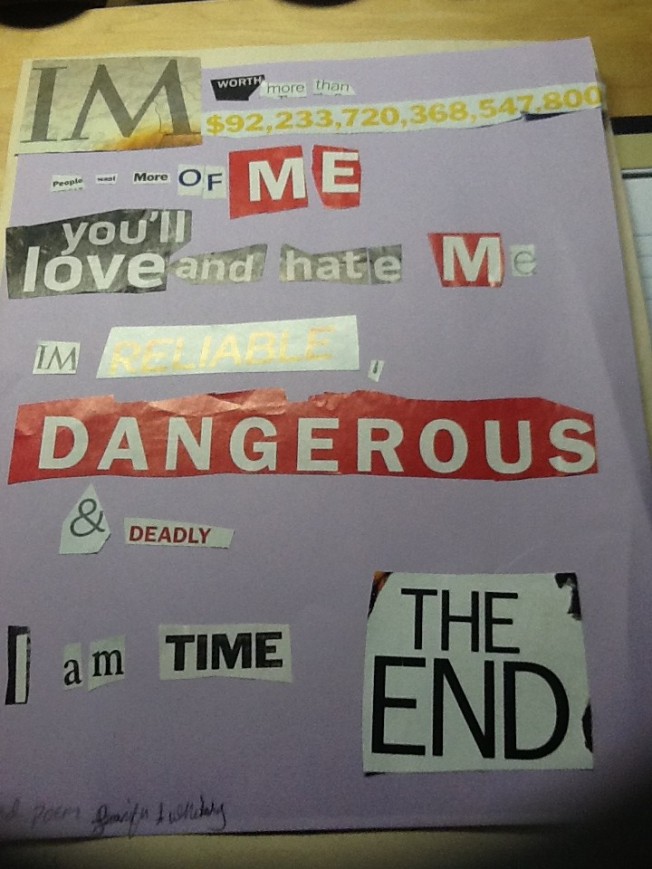
When I was the age of my current students, I was busy finishing up the requirements for Eagle Scout. I genuinely enjoyed scouting, mostly because the things I learned there were hands-on, useful, and seemed to have real-life application. I enjoyed it so much, in fact, that one of my very first jobs was camp counselor, teaching younger boys how to safely and accurately shoot both rifles and shotguns. Scouting was good to me, and it gave me skills I use and teach even now when I take my sons camping, fishing, skeet shooting, hiking, or kayaking, among other activities.
Admittedly, the Boy Scouts of America is not what it used to be. Over the years, the organization has made a series of egregious missteps that have caused me not to place my sons in a troop, and I’ve largely cut all ties with the BSA. But this isn’t a political post, nor is it one intended to defend or prosecute “Scouting USA” as they now prefer to be called. Instead, I’d like to reflect upon how my present teaching experience embodies what was valuable within a former version of scouting: Practical guidance and retainable learning through meaningful relationships and memorable experiences.
I teach at an all-boys high school. Every day, I get to walk into my classroom and impart subject matter I love to young men who are eager to start the first chapters of their “real lives” beyond secondary education. Like tying a square knot or administering first aid, the skills I provide (reading a text more deeply, writing a clear sentence, etc.) are ones that will follow my pupils the rest of their lives if they’re wise enough to grasp this opportunity.
And I do all I can to ensure that my subject matter is imparted in a tangible, relatable way. We don’t just sit in rows and uniformly parrot back the rules of reading and writing; we investigate texts and tear sentences apart to see what makes them work (or not). I choose material that the boys will find engaging so as not to lose their focus. I show them that poetry, an oft-dreaded element of high school English, can be cool. They earn metaphorical “merit badges” in matters like fiction, nonfiction, composition, rhetoric, and critical analysis. And throughout all this, I lean into their experiences.
They write about their lives, their parents, their worries, and their friends. They give presentations about how they share traits with certain characters we’ve encountered. They read paragraphs with highlighters like navigators would read maps with compasses. And they build essays and compositions as a camper might carefully structure his log-cabin fire lay: each piece discerningly placed atop the other until the warmth and light reach optimal climax.
These boys remind me of a better chapter and give me hope for our cultural future. While all around us, young men give in to so many negative influences, I prefer to think that my small part in shaping my students will in some way brighten tomorrow through integrity and knowledge. I know that some of them will make bad choices just as certain scouts in my troop did. But if a small-town poet can reach into the minds of enough youth with lingering lessons about words and ideas, I will have succeeded. When my students enter the world beyond our campus, I know they will have heeded, even adopted, a certain old motto that remains in my heart: Be Prepared.

 So many of my friends have been cheering on the parting of 2016, thankful that it is about to fade into oblivion. As these last few hours tick by, I can’t believe I’m actually feeling sorry for a year in history. But 2016 has elicited that response from me, strangely enough. I feel that 2016 has been like that unpopular kid in class that everybody liked to pick on: easy prey because of difference. I, for one, kind of enjoyed 2016 — not necessarily for political or cultural reasons, but for its more personal milestones:
So many of my friends have been cheering on the parting of 2016, thankful that it is about to fade into oblivion. As these last few hours tick by, I can’t believe I’m actually feeling sorry for a year in history. But 2016 has elicited that response from me, strangely enough. I feel that 2016 has been like that unpopular kid in class that everybody liked to pick on: easy prey because of difference. I, for one, kind of enjoyed 2016 — not necessarily for political or cultural reasons, but for its more personal milestones: